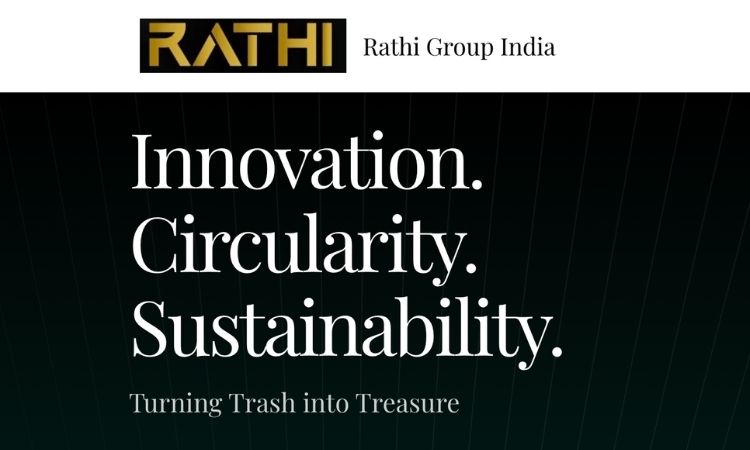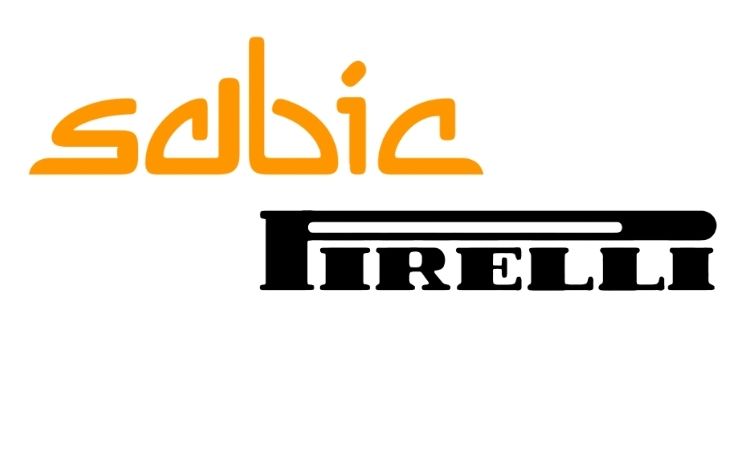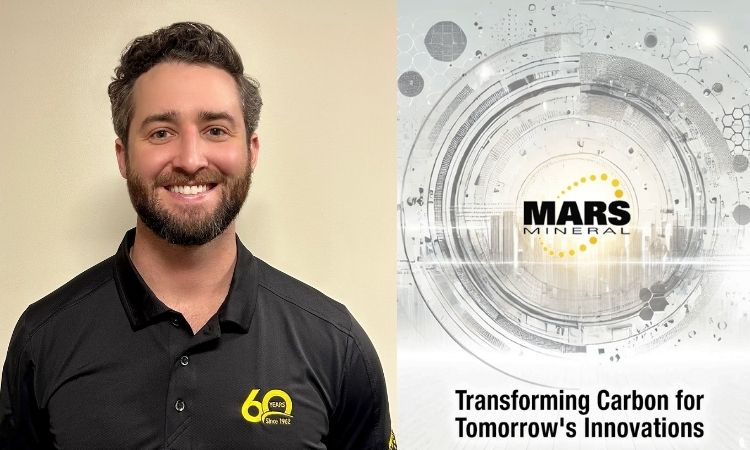Weibold Academy: All Academy articles from 2024 at a glance
Weibold Academy article series discusses periodically the practical developments and scientific research findings in the end-of-life tire (ELT) recycling and pyrolysis industry.
These articles are reviews by Claus Lamer – the senior pyrolysis consultant at Weibold. One of the goals of the review is to give entrepreneurs in this industry, project initiators, investors and the public, a better insight into a rapidly growing circular economy. At the same time, this article series should also be a stimulus for discussion.
For completeness, we would like to emphasize that these articles are no legal advice from Weibold or the author. Please refer to the responsible authorities and specialist lawyers for legally binding statements.
JANUARY 2024: Global circularity must be doubled by 2032<
The Circularity Gap Report 2024 reveals a decline in global circularity to 7.2%, emphasizing the urgent need for transformative action. Excessive material consumption drives environmental harm and inequality, with high-income nations disproportionately responsible. The report outlines 16 solutions across key sectors to reduce material use by 30% while improving well-being. Governments, industries, and citizens can create a sustainable, resilient future by adopting circular economy principles—reducing material use, prioritizing social equity, and implementing systemic solutions. Bold leadership, innovative policies, and a commitment to leaving no one behind are essential to this transition.
FEBRUARY 2024: EU adopts tougher rules on shipment of waste
The European Parliament approved stricter waste shipment regulations on February 27, 2024. Key measures include banning plastic waste exports to non-OECD countries within 2.5 years, stricter conditions for OECD exports, and digitalizing EU waste shipment data for transparency. An enforcement group will enhance cooperation and combat illegal shipments. These changes reflect the EU’s commitment to responsible waste management and environmental protection, pending final approval by the EU Council.
MARCH 2024: EU RED III finally entered into force
The EU’s revised Renewable Energy Directive (RED III) officially entered into force on November 20, 2023, marking a key milestone in advancing the EU’s climate targets. Part of the "fit for 55" package, RED III raises the renewable energy target to 42.5% by 2030, with the potential to reach 45%, while introducing sector-specific sub-targets and expedited permitting for renewable projects.
The directive emphasizes sustainable development, energy security, and greenhouse gas reduction, aligning with the EU’s goal of climate neutrality by 2050. It also supports industries like ELT pyrolysis by promoting compliance with stringent sustainability and emissions criteria, contributing to a greener, circular economy.
APRIL 2024: Advancing sustainability in the tire industry
The Tire Industry Project (TIP), representing major global tire manufacturers, is advancing sustainability in the tire industry through targeted initiatives. Its 2024-2025 workplan focuses on mitigating tire emissions, improving end-of-life tire (ELT) management, and enhancing sustainability assessments. Key actions include hosting a global conference on tire emissions, providing tools and data for circular ELT management, and developing standardized sustainability methodologies. TIP’s efforts, backed by industry leaders like Bridgestone and Michelin, aim to foster global collaboration and drive innovation, supporting a circular economy and aligning with UN sustainability goals.
MAY 2024: ASTM Committee D36 Advances Standards for rCB
The ASTM Committee D36 on Recovered Carbon Black (rCB) continues to advance standards for the rCB industry, focusing on safety, quality, and performance improvements. Key initiatives include new standards for rCB reference compounds (WK90071) and shelf-life guidelines (WK73460), along with updates to D8178-22 introducing definitions for "Recovered Carbon Black Bound Agglomerate" and "carbonaceous residue," effective June 2024.
Notable testing methods include ASTM D8466 for carbon black properties, ASTM D8474 for compositional analysis via thermogravimetry, and ASTM D8491 for evaluating rubber compounds' rheological non-linearity. These advancements aim to enhance rCB applications and quality assurance.
JUNE 2024: Green supply chains and CSR – a strategic approach
Corporate Social Responsibility (CSR) is key to sustainable supply chain management. Retailer-led CSR initiatives are most effective, driving greener products, higher consumer demand, and improved supply chain performance. Collaboration between retailers and manufacturers enhances sustainability while balancing economic goals.
Policymakers can support CSR through incentives, regulations, and public awareness. By adopting strategic CSR, businesses address environmental challenges, foster collaboration, and create lasting economic and social value, positioning themselves as leaders in sustainability.
JULY 2024: Unlocking the economic potential of rCB demineralization
Demineralization of recovered carbon black (rCB) presents a significant opportunity for the tire pyrolysis industry to enhance the value and performance of rCB while unlocking revenue through metal recovery. With manageable costs and advanced recovery techniques like electrowinning, the process aligns economic viability with sustainability goals. Implementing demineralization as an additional step in tire recycling can drive profitability, improve product quality, and support the transition to a more sustainable circular economy. This approach addresses environmental challenges and establishes a competitive advantage for operators in the growing rCB market.
AUGUST 2024: How to keep improving ELT pyrolysis processes
End-of-life tire (ELT) pyrolysis provides a sustainable way to recycle tires into valuable products like recovered carbon black (rCB) and tire pyrolysis oil (TPO). Key improvements include selective feedstock control to lower rCB ash content to 14% and process optimization using mechanically mixed reactors and controlled temperatures (450–550°C) for better yields. Optimized conditions also maximize rCB and limonene recovery, enhancing economic and environmental benefits. These advancements make ELT pyrolysis more efficient, viable, and a key driver of the circular economy.
SEPTEMBER 2024: Research: Innovative new applications for rCB
Recovered carbon black (rCB) represents a groundbreaking solution for addressing waste management and sustainability challenges. With advancements in high-value applications like Carbon Quantum Dots (CQDs) and Magnetic Graphene Oxide (MGO), rCB is poised to revolutionize industries by providing cost-effective, eco-friendly alternatives to traditional materials. These innovations reduce environmental impact and offer significant economic benefits, aligning with the principles of the circular economy. By scaling production and fostering industrial adoption, rCB has the potential to become a cornerstone for sustainable innovation, driving both ecological and economic progress.
OCTOBER 2024: rCB as a sustainable substitute for graphite and graphene
Recovered carbon black (rCB) represents a transformative opportunity for sustainable development across industries. Its unique properties position it as a viable alternative to virgin carbon black, graphite, and graphene in high-value applications like batteries, catalysts, sorbents, and electromagnetic shielding. By shifting focus from achieving pure carbon to optimizing rCB’s composition, the industry can unlock its full potential, driving innovation, reducing environmental impact, and enhancing the economic value of pyrolysis outputs. Embracing rCB as a multifunctional material will be crucial in advancing circular economy goals and fostering sustainable industrial progress.
NOVEMBER 2024: Life cycle assessment (LCA): A strategic tool
Life Cycle Assessment (LCA) is a strategic tool for the tire pyrolysis industry, helping evaluate environmental impacts and optimize operations. LCA demonstrates the sustainability benefits of recovered materials like pyrolysis oil and rCB, supports regulatory compliance, and identifies inefficiencies to improve processes. By building trust and fostering innovation, LCA positions pyrolysis companies as leaders in sustainable waste management and contributors to the circular economy.
Weibold is an international consulting company specializing exclusively in end-of-life tire recycling and pyrolysis. Since 1999, we have helped companies grow and build profitable businesses.









